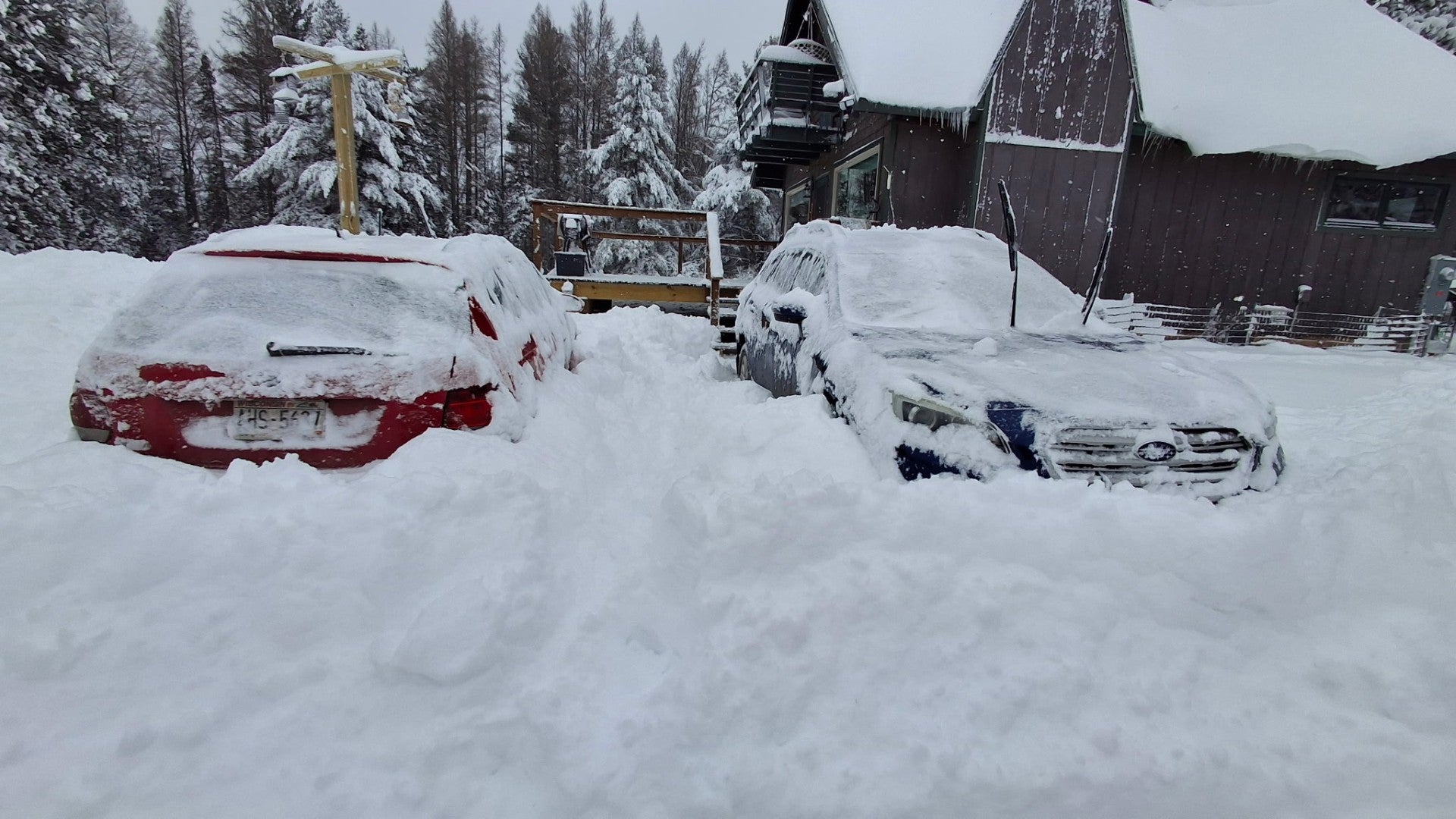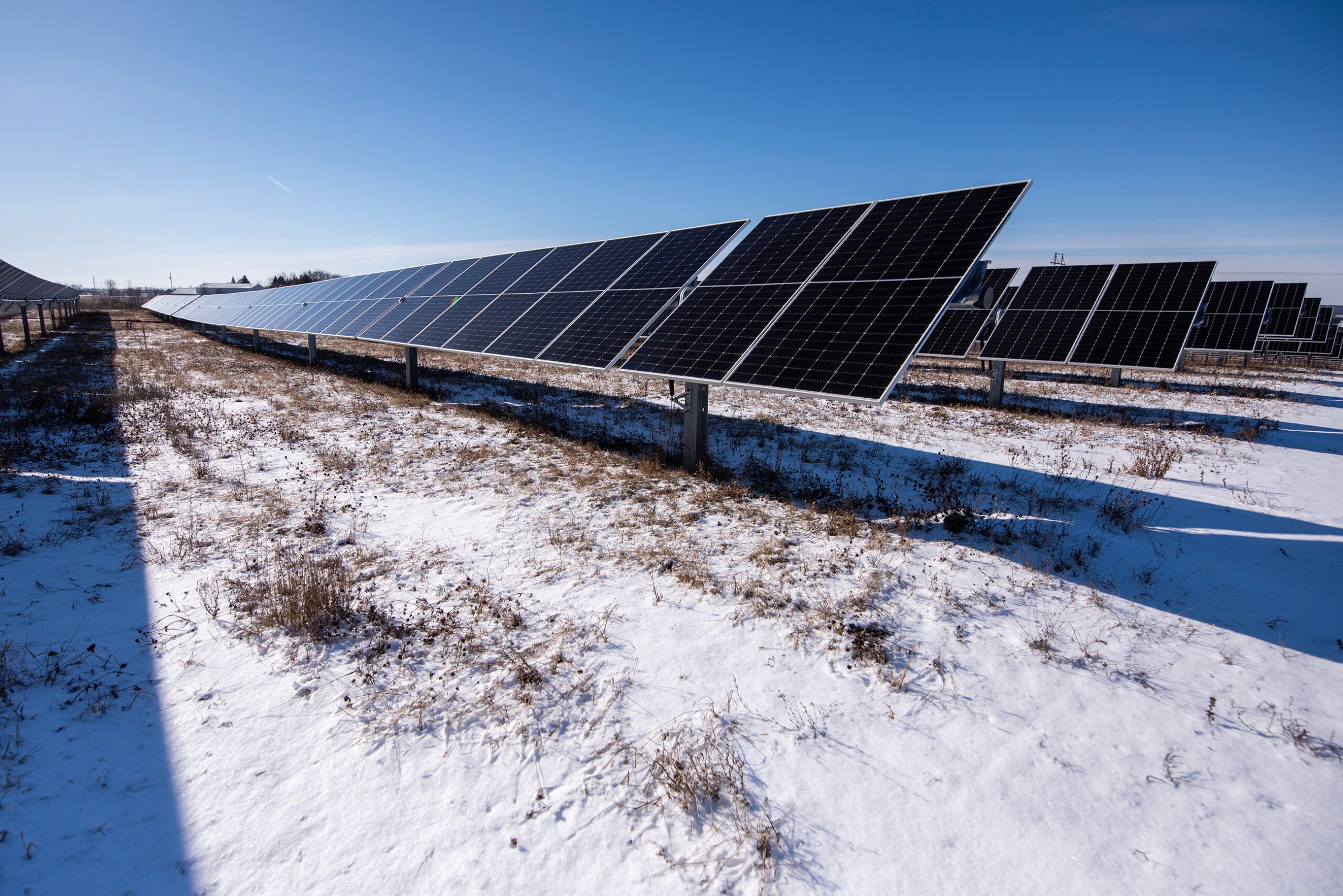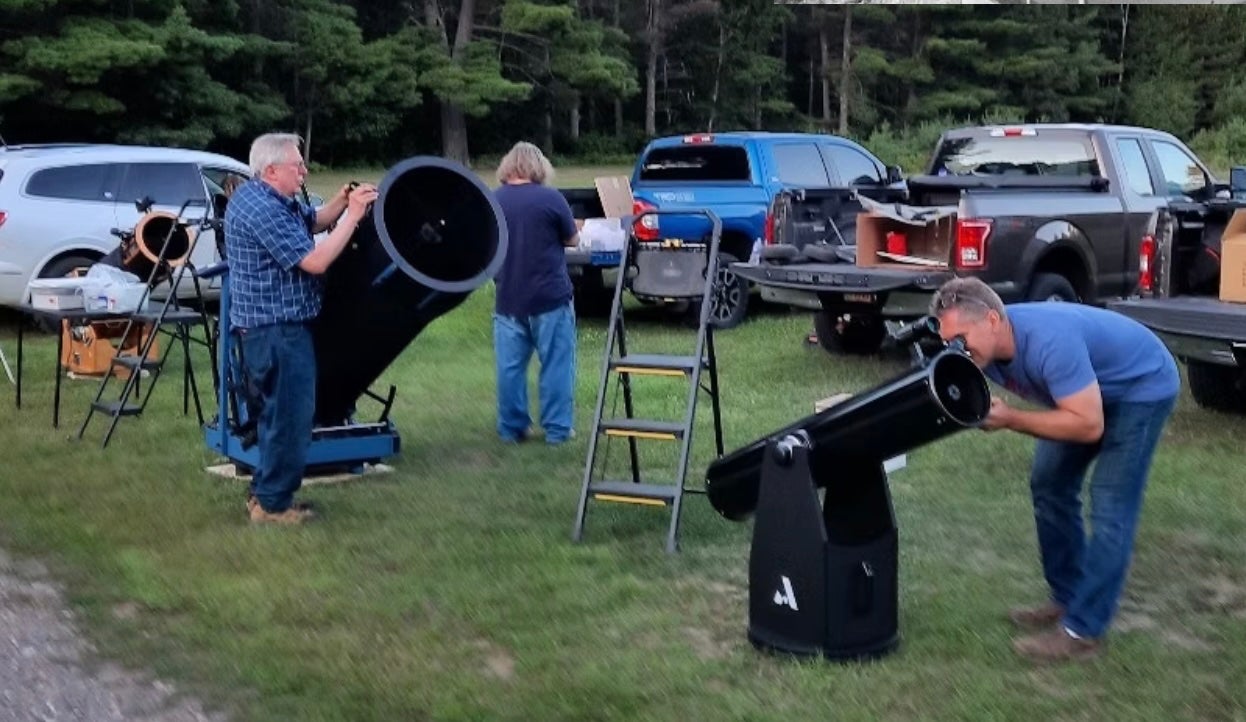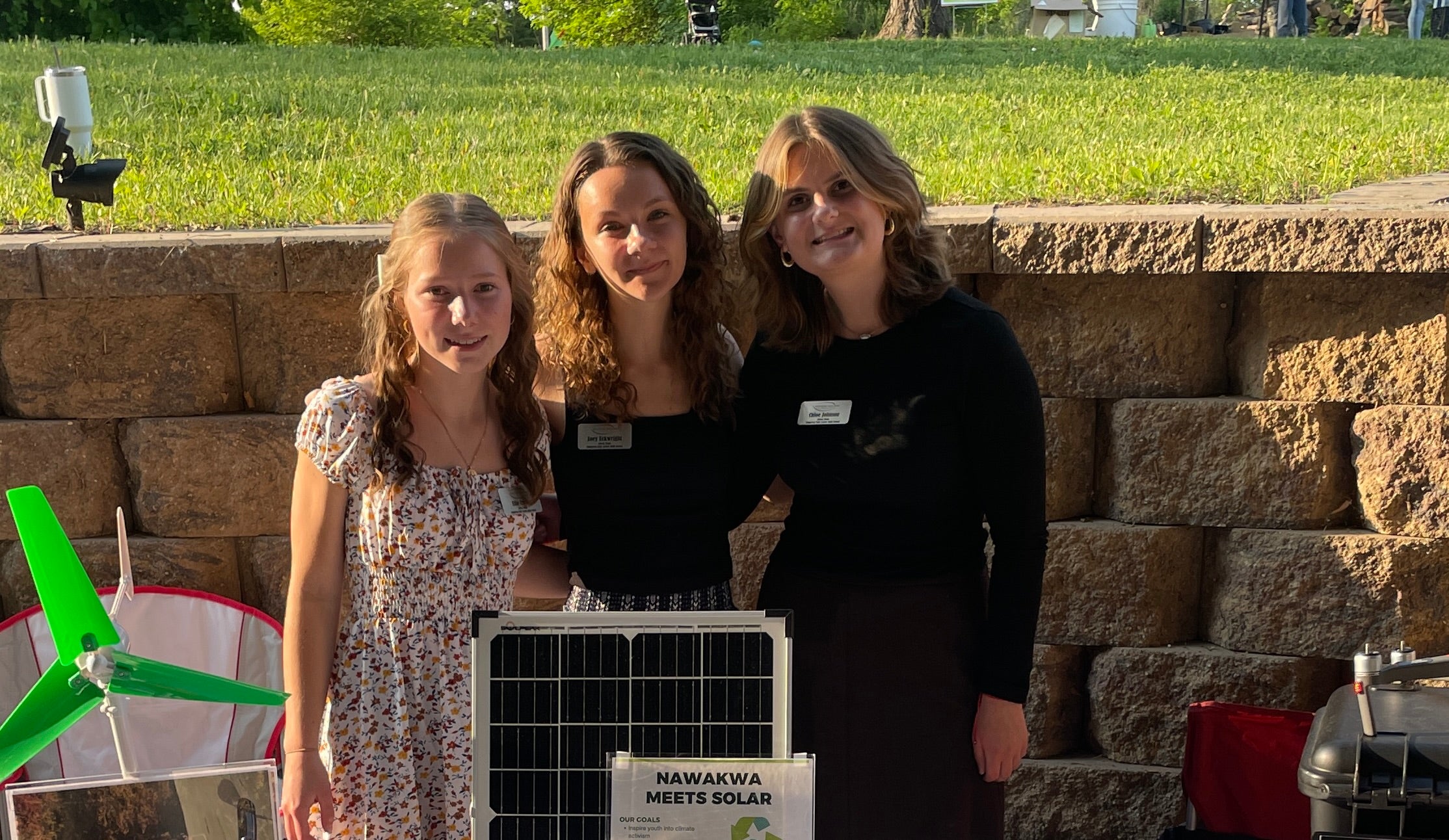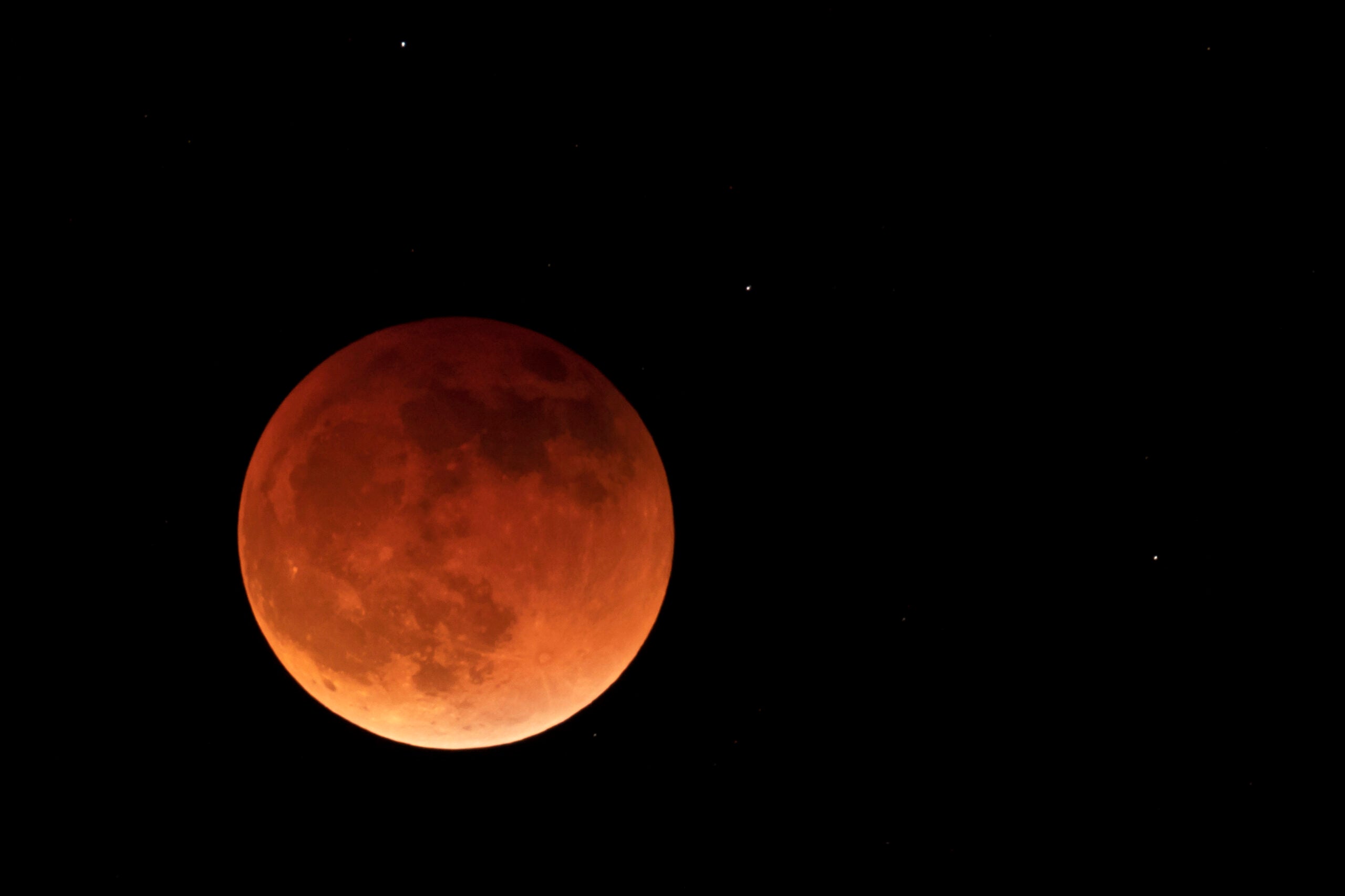People will be looking skyward to catch a glimpse of a partial solar eclipse in northern Minnesota and Wisconsin this Monday. People all across the United States are making plans to view this once in a life time event.
Around 12 million people living within a 70-mile wide band stretching from Oregon to South Carolina will be able to witness a total solar eclipse, but most of the nation will only see part of it. About 75 percent of the sun will be covered by the moon to people watching the eclipse in northern Wisconsin.
University of Minnesota – Duluth Planetarium Director Marc Seigar said people should avoid looking directly at the sun during the eclipse.
News with a little more humanity
WPR’s “Wisconsin Today” newsletter keeps you connected to the state you love without feeling overwhelmed. No paywall. No agenda. No corporate filter.
“I know it doesn’t look as bright as it normally does, but there is enough ultra violet radiation coming from the sun to permanently damage your eyes,” he said. “The best thing to do is to use some certified solar viewing glasses.”
Seigar and UMD are hosting an eclipse event at Grandma’s Sports Garden in Duluth. He said they will have around 300 solar viewing glasses available.
Katie Gellatly, owner of Solstice Outdoors in Ashland, said they’ll be hosting a kayaking event for 25 people to view the eclipse on Lake Superior.
“The tour is really a kind of neat opportunity to just go out, paddle out on kayaks, float on the bay and watch really nature’s majesty,” she said.
The eclipse will begin around noon on Monday, reach its peak at 1 p.m., and end at about 2:30 p.m. In the time leading up to the eclipse, it will begin to get dark and the sky will look like a sunset. According to NASA, the temperature will drop during totality. In areas of the path of totality, it will be completely dark. NASA likened areas outside of totality to “late-twilight.”
The National Weather Service is calling for a possible thunder storm and clouds on Monday in the Superior area.
The next time a solar eclipse will be clearly visible in northern Wisconsin will be in 2099.
Wisconsin Public Radio, © Copyright 2025, Board of Regents of the University of Wisconsin System and Wisconsin Educational Communications Board.


